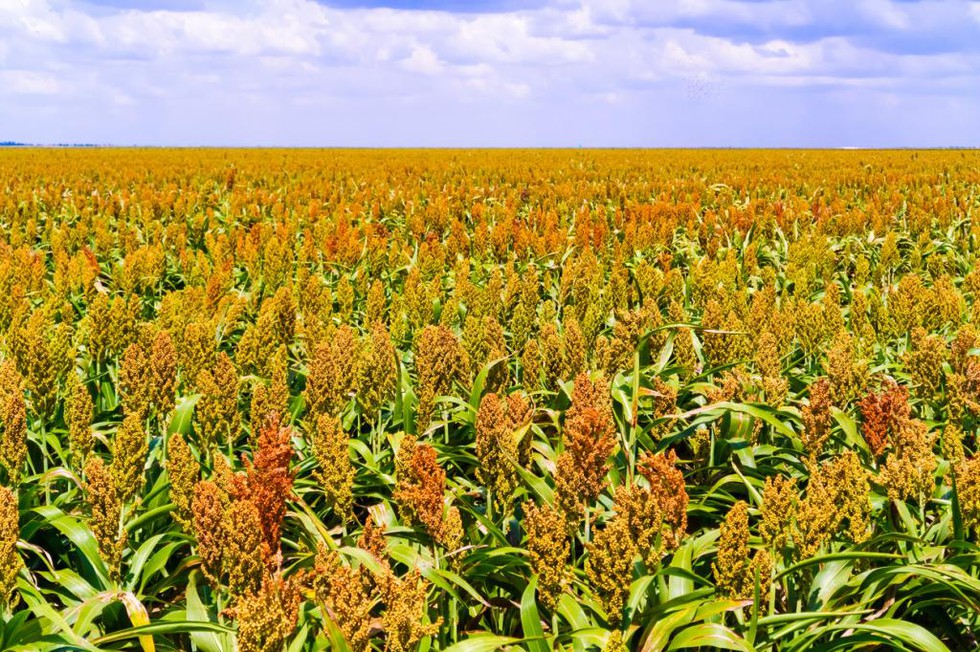Southern Africa faces persistent challenges from drought, which severely impacts food security and livelihoods. Sweet sorghum is emerging as a solution due to its ability to thrive in arid conditions and its nutritional benefits.
Resilience of Sweet Sorghum
- Adaptation to Arid Conditions: Unlike traditional staples like maize, sweet sorghum requires minimal water to grow, making it well-suited for drought-prone areas.
- Nutritional Benefits: Sweet sorghum is rich in essential nutrients such as protein, fiber, and antioxidants, offering a potential solution to malnutrition prevalent in drought-affected regions.
Versatility in Biofuel Production
- High Sugar Content: The high sugar content of sweet sorghum makes it an excellent candidate for ethanol production, presenting a sustainable alternative to fossil fuels.
- Reduced Reliance on Imported Fuels: Utilizing sorghum for biofuel production can help southern African countries reduce dependence on imported fuels, enhancing energy security and lowering greenhouse gas emissions.
Challenges and Solutions
- Investment in Research and Development: To fully realize the benefits of sweet sorghum, increased investment in research and development is essential.
- Supportive Policies: Implementing policies that incentivize sorghum cultivation and biofuel production can facilitate its widespread adoption.
- Collaboration for Sustainable Development: Collaboration among governments, research institutions, and the private sector is crucial for scaling up sorghum cultivation and maximizing its socio-economic benefits.
Multiple Choice Questions (MCQs):
- Which crop is emerging as a game-changer in addressing drought-related challenges in southern Africa?
- A) Wheat
- B) Maize
- C) Sweet Sorghum
- D) Rice
- Answer: C) Sweet Sorghum
- What makes sweet sorghum well-suited for cultivation in drought-prone areas?
- A) It requires excessive irrigation.
- B) It has a long growing season.
- C) It thrives in arid conditions with minimal water.
- D) It is susceptible to pests.
- Answer: C) It thrives in arid conditions with minimal water.
- Which of the following is NOT a nutritional benefit of sweet sorghum?
- A) Protein
- B) Fiber
- C) Antioxidants
- D) Starch
- Answer: D) Starch
- What is the primary advantage of sweet sorghum for biofuel production?
- A) Low sugar content
- B) High water requirement
- C) High sugar content
- D) Susceptibility to diseases
- Answer: C) High sugar content
- What is a key solution to unlocking the full potential of sweet sorghum?
- A) Reducing research and development investments
- B) Implementing restrictive policies
- C) Increasing collaboration among stakeholders
- D) Ignoring supportive policies
- Answer: C) Increasing collaboration among stakeholders
